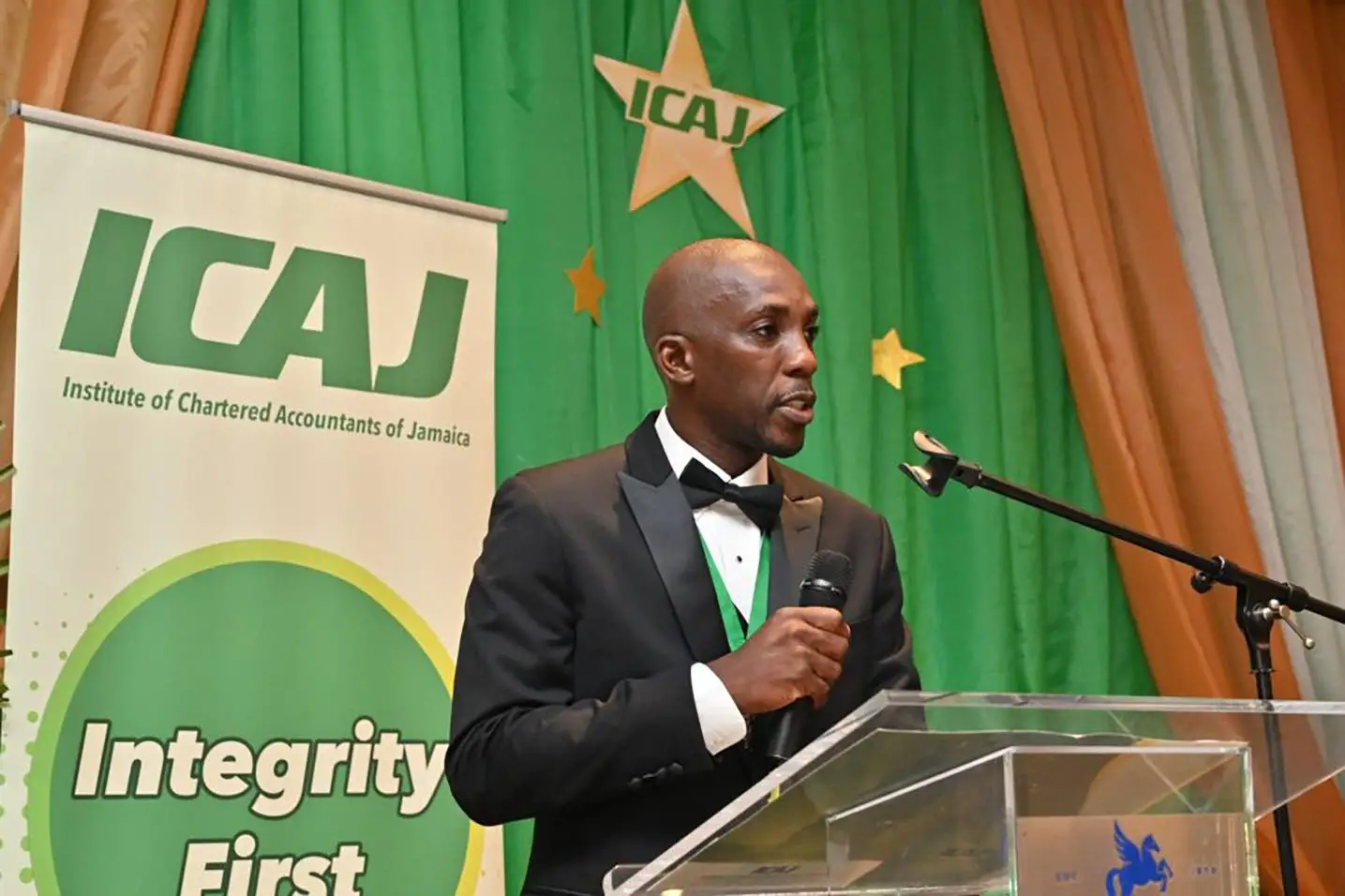
COJ actively pushing reading of auditor’s report amendment
The long-winded, oral presentation or reading of the auditor’s reports at annual general meetings (AGMs) may soon be a thing of the past as an amendment of this section under the Companies Act moves through the various stages with hopes to secure approval, representatives from Companies Office of Jamaica (COJ) have said.
Speaking at a recent Jamaica Observer Business Forum CEO and Registrar of Companies at the COJ Shellie Leon said a repeal of the section is among one of many other amendments to come for the Companies Act.
“The removal of this section is actually one that is being actively pushed as stakeholder groups constantly seek feedback,” she told journalists.
Indicating that the process of amendment involves a number of steps which include consultations with various stakeholder groups, manager of the Anti-Money Laundering Unit at COJ Inger Hainsley-Bennett said a revision of comments from the public consultation process is now underway, after which an updated draft of the amendments will be passed on to the relevant legislative committee for review.
“Once the legislative committee reviews [the draft] and there is no issue or challenge, then the relevant minister would move to table it in the Lower House, after which it will go to Upper House, and then it can be passed into law. We’re, however, unable to provide a timeline on when the process will be completed,” she explained.
The auditor’s report, which presents an informed opinion about a business’s financial statements to shareholders of a company, also confirms that its accounts have been duly audited and are in keeping with the prescribed accounting principles and standards. It also highlights key audit matters and a basis for opinions.
Section 157(2) of the Companies Act stipulates that audit reports should be read in full at annual general meetings.
“The auditors’ report shall be read before the company in general meeting and shall be open to inspection by any member,” the Act prescribes.
The origin of these longer reports founded in the adoption of a revised International Standard on Auditing (ISA) post 2016 were significantly changed by the International Auditing and Assurance Standards Board (IAASB) in response to the users of financial statements requesting better communication and a more informative auditor’s report that details key audit matters and other material information of a going concern.
Some other jurisdictions impacted by the adjustment have already gone ahead in making the necessary legislative changes to remove the mandatory readings.
While some people have defended the value and need for the reading of report, other experts have however dismissed these notions arguing that there is no justification for adopting “spoon-feeding” measures for those investors who are not alert or able to read an auditor’s report.
Entities such as the Institute of Chartered Accountants (ICAJ), which serves as the umbrella organisation for the accounting profession locally, in supporting the removal of the oratory exercise, sees its practice as an exception to the norm in other countries, where the report is tabled as part of the annual report and shareholders are allowed to raise questions, whether directly to management on the financial information presented, or to the auditors on their report during meetings.
“Since the adoption of ISA 700 in 2017, with the resulting ‘long form’ report for listed companies, we have engaged with the relevant ministries of government to update the legislation to allow for the tabling of the report or for selected highlights to be presented to the meeting, thereby making more efficient use of time in AGMs, while maintaining the transparency that the current form of audit report for public companies provides,” president of the ICAJ Eric Scott said.
“We are eager to the see these amendments effected in the interest of the investing and financial reporting stakeholders,” he added.
Some shareholders and company directors who have long expressed little tolerance for the readings which are usually spread over many pages considers the exercise boring and even a “waste of time”, especially since the same report can also be found in the annual report verbatim.
Annual reports are normally made available for shareholder perusal before the staging of an AGM.
For renowned businessman PB Scott, who chairs a number of companies and has had to listen to these lengthy readings a few times during the year, he expressed relief that steps being made to remove the readings are now advancing.
“I think those readings take up about 25 minutes of one’s life that they will never get back… If you should multiply this by many AGMs, it then becomes hours that are wasted from these exercises. Shareholders normally have early access to these reports and would have had the ability to read them along with any other note or aspect of the report. So, to assume it has to be read to them is just absurd as it is condescending,” he shared.
“Why do we need that to be read out as opposed to something else in the report?” he questioned, further noting that, “There is a finite amount of time in a day, and people usually have other important things to get done other than wasting half an hour listening to something they can read for themselves, if they chose to…. It does not make sense to me,” he charged.
![HAINSLEY-BENNETT...once the legislative committee reviews [the draft] and there is no issue or challenge, then the relevant minister would move to table it in the Lower House, after which it will go to Upper House and then it can be passed into law](/jamaicaobserver/news/wp-content/uploads/sites/4/2024/07/image_1-442.jpg.webp)


























